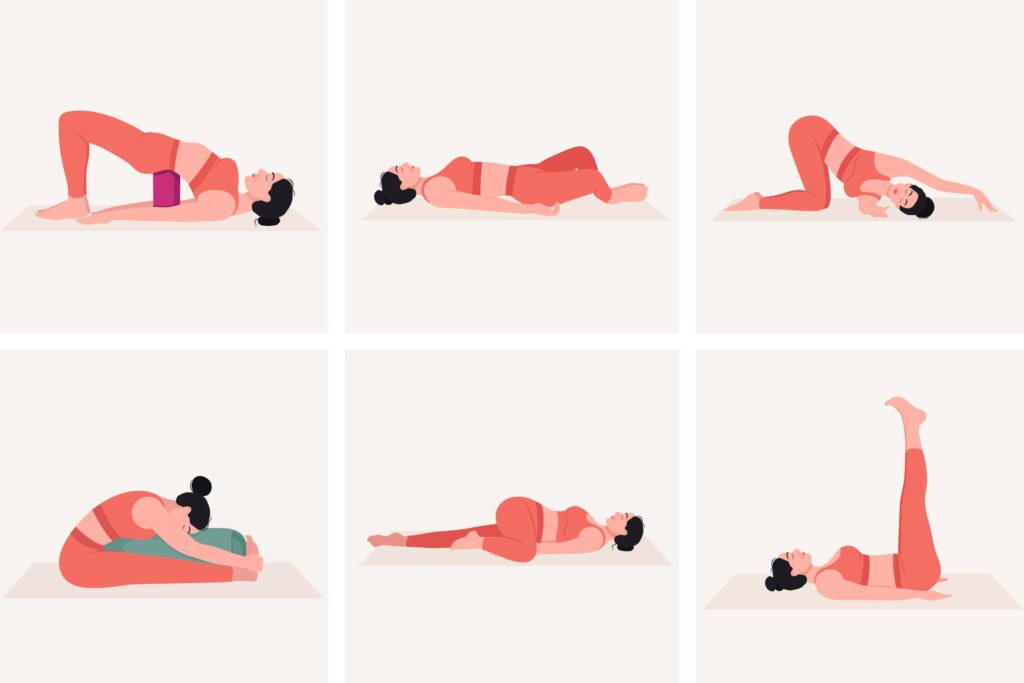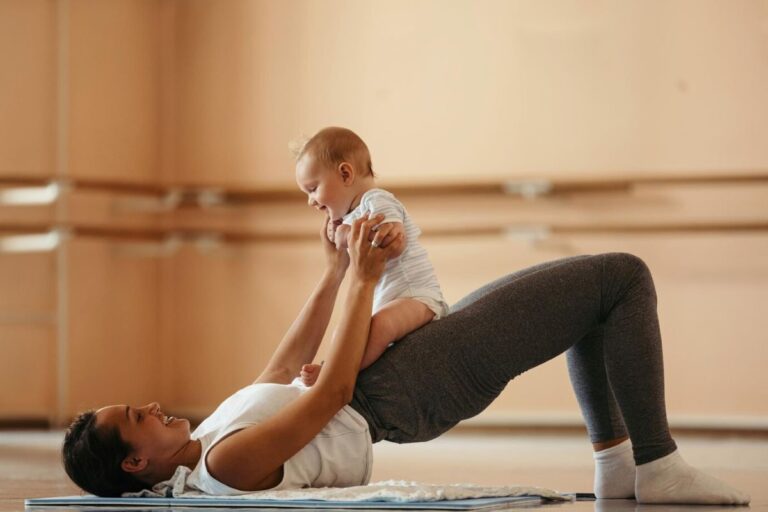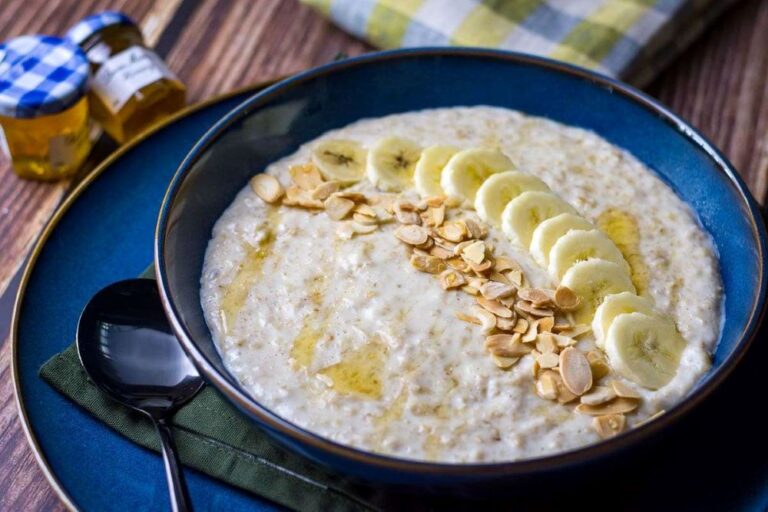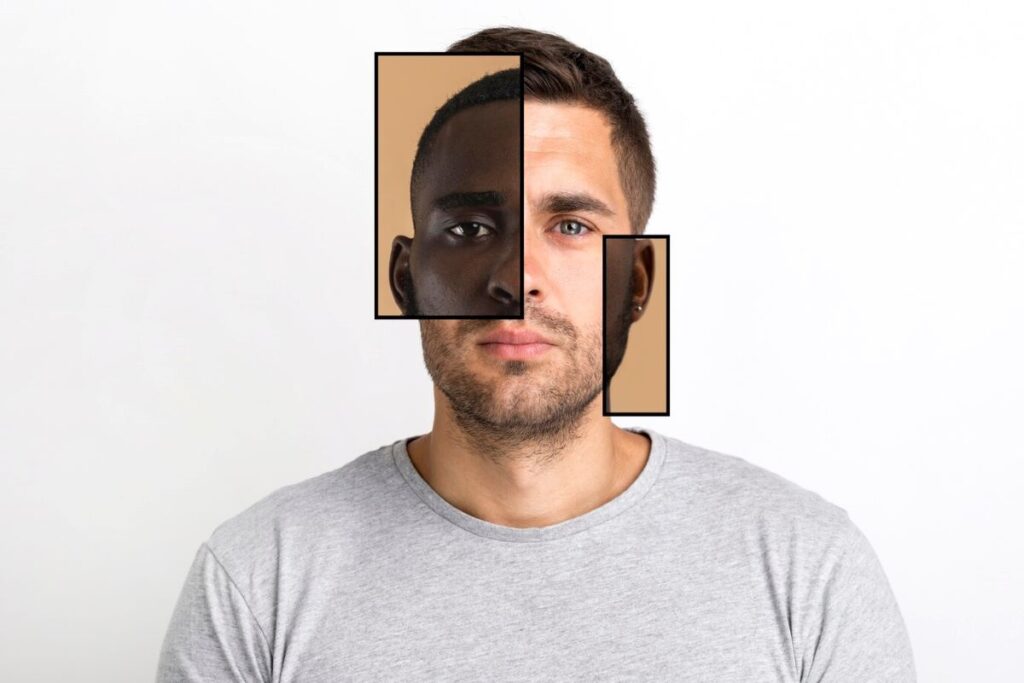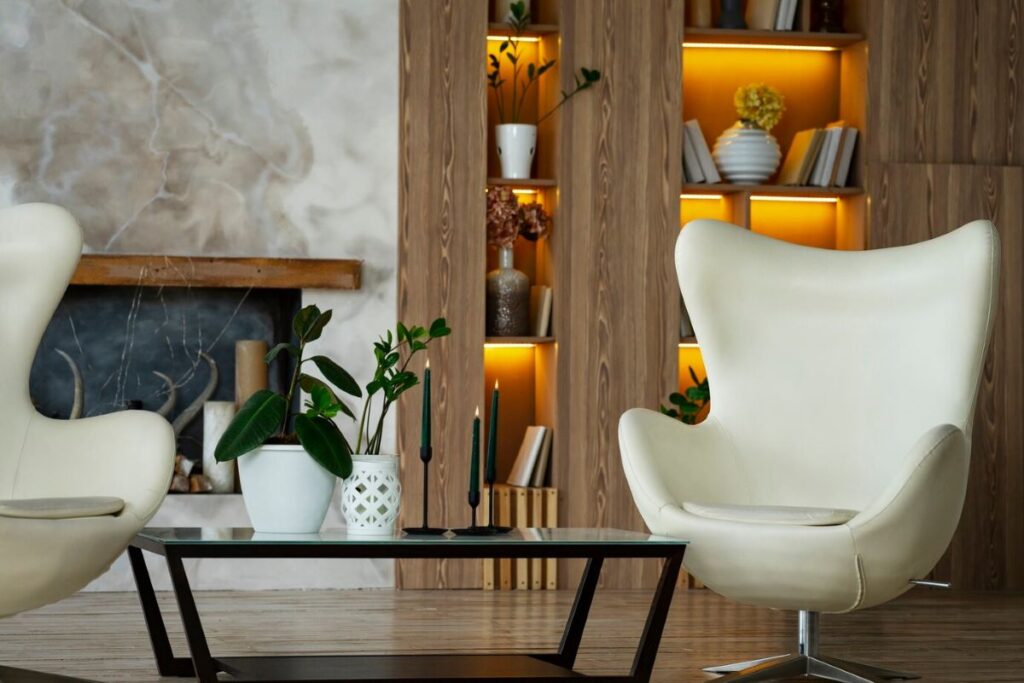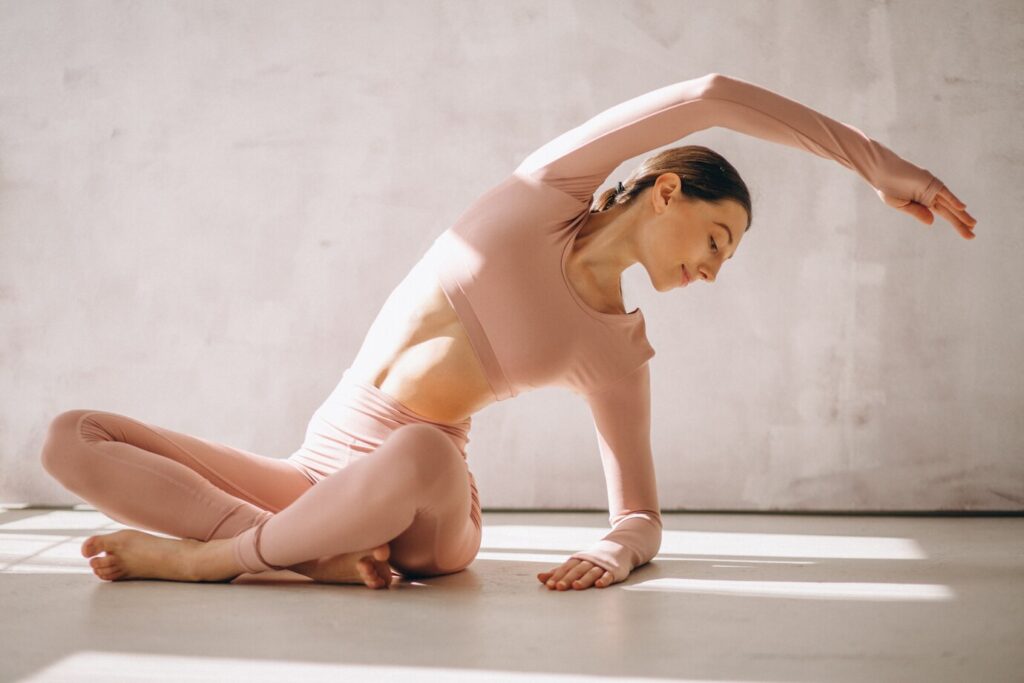Yoga is a meditative practice that originated in India over 5,000 years ago. A scientific study shows that yoga has a plethora of health benefits. The meditative aerobic exercises reduce symptoms of depression, improve sleep, and enhance balance, strength, and flexibility.
There are several types of yoga exercises with a wide range of poses to tone different body parts like the shoulders, triceps, and biceps. In a stress filled world, yoga can provide a healthy respite to help you balance your life and respond with awareness to stressful situations.
Health experts are recommending Yin yoga and Restorative yoga to help people destress. Yin and Restorative yoga both help with promoting relaxation, and stimulation of the parasympathetic nervous system. Understanding both practices will help you decide which styles fits your needs.
The Difference Between Yin Yoga and Restorative Yoga
Yin yoga and Restorative yoga are both suitable for people of all ages. They can help calm the mind, stimulate the parasympathetic nervous system, and promote relaxation. While both are considered stress relievers, they have distinct functions. Yin Yoga focuses on stretching, as well as applying gentle stress to specific tissues in the body. In contrast, Restorative yoga supports the body and allows it to relax.
Traits of Yin Yoga
With Yin Yoga, the connective tissues are stretched which helps the body release built-up stress. The name Yin comes from the Chinese philosophy, which draws attention to the opposing forces of Yin and Yang. Yin yoga poses can be held anywhere and can take about two to seven minutes; the poses enhance the energy meridians in the body which in turn helps to improve and increase joint mobility and flexibility respectively.
Yin yoga strengthens the muscles because the stretching reaches deeper into the connective tissue. Stimulating the deep connective tissue has many benefits, improving everything from tissue elasticity to joint mobility. Considered the ideal complement to traditional exercise, Yin yoga poses allow you to build emotional awareness by tuning into the depth of your inner thoughts.
Because the poses are held for a while, Yin yoga teaches resilience and perseverance. When you lean into your discomfort, you train your brain and body to practice resilience which in turn helps you face your fears head-on, whatever life throws your way.
Traits of Restorative Yoga
As the name suggests, Restorative yoga aims to bring the body into a state of healing or relaxation. In Restorative yoga, using supportive props is imperative. Props are used extensively to ensure the body is properly supported.
Props like blocks, straps, sandbags, bolsters, and blankets are used to create a passive release of mind. The props don’t just physically support the body but also create a sense of comfort and support for practitioners.
This form of yoga is considered an incredible soothing mechanism that brings a sense of calm and relaxation. The combination of long holds and supportive props brings a sense of calm and comfort and triggers the body’s healing mechanisms. It also boosts the immune system; when the body’s muscles and connective tissue are well-trained, it increases blood flow and circulation.
Which Style is For You?
While Restorative yoga focuses on restoring the body, Yin yoga works on the connective tissue to trigger change. Both practices provide an effective way to increase flexibility and help when you feel stuck, stiff, or need to distress. The most appealing aspect of both these styles of yoga is that they teach you to feel.
Whether you practice both Ying or Restorative yoga professionally or at home, you will find that they offer a soothing way to help you balance life stresses, supporting your mental and emotional faculties.
Image by Racool_studio on Freepik
Aaron Levinson | Staff Writer
